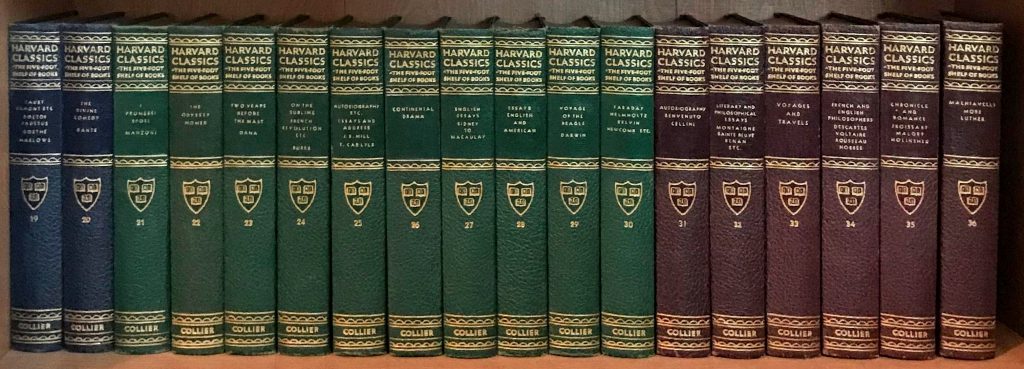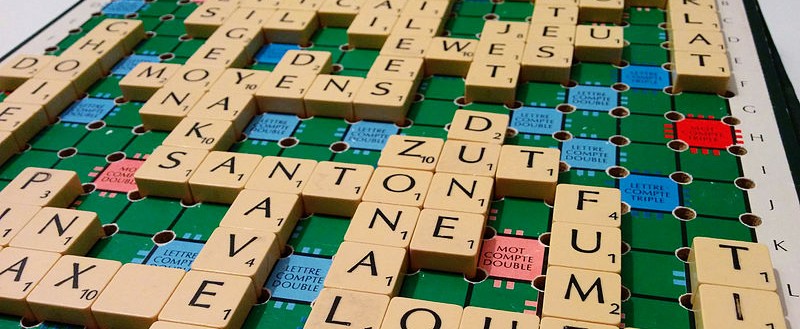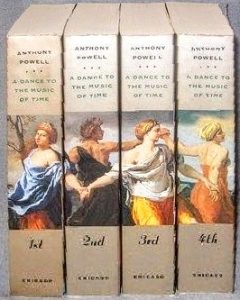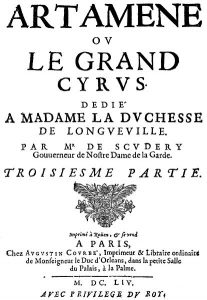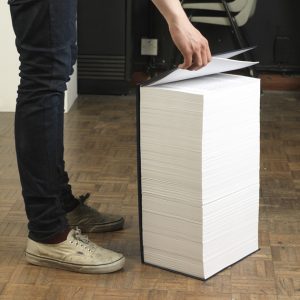
Sometimes we say—and write—more than is necessary. When we talk in bloated sentences, it often goes unnoticed. But with the written word, it’s right there on the page, weakening the prose and sometimes exasperating the reader.
Find the Bloat
Enough said. Here are several examples close to my heart (and very near my exasperation gland). In each case, words that are unnecessary are in parentheses ( ).
- Tell me where you are (at).
- The (very) start
- At this point (in time).
- OR, At this (point in) time.
- A woman sitting in a chair: She stood (up)
- He nodded (his head).
- The (small) ten-by-ten room.
- They waved (their hands).
- (Very) unique
- Walked (over) to the table
- To face a husband (whom) she didn’t remember
- Shred it (to pieces)
- They might have found (out) a way
- She took his hand with a smile (on her face).
- They (both) stopped and turned to face each other.
- They (both) waited.
- She led him (over) to a chair and sat (down).
- They stared at each other till he blinked (his eyes).
- Her heart was pounding (in her chest).
- Trying to calm everyone (down).
- He pointed her out (with a single finger).
- A (quick) glance.
- A (brief) second.
And Then There are Excess Words in Specific Contexts

There are times when every word counts. Some journals or contests have strict word limits, to the point of specifying when and how contractions are counted. Or maybe you have limited space on the greeting card. You could even have a character who never wastes anything, including words.
These are examples of word bloat I’ve collected from the actual writing of best-selling authors. I’ve replaced names with pronouns.
- (Now) she looked (to her) left and sprinted toward the door…
- Buy (some) tickets.
- He pulled her close (and kissed her). His lips met hers.
- Behind the tenderness was (a) passion.
- There are (a total of) two.
- Something tells me you don’t want to draw that kind of attention (to yourself).
- He went (over) to the table.
- She held up her hands (in surrender), though she stayed (at the) ready to move in either direction.
- The true irony (here) was that…
- He nervously clicked (the back of) his pen.
- “…he picked up a newspaper clipping. The dated pages (of newsprint) felt brittle (in his fingers)… He stared at it (in his hands,) just as he had a thousand times (before) since that day.”
- A single tear (fell from his eye and) dropped onto her hand.
- She peeked into the room, as she passed (it).
- He shook his head (from side to side) before he spoke.
- She didn’t have the same affinity for the ocean as most (other) people.
- She stopped next to a pickup truck(, got out,) and went into the motel office.
Three Ways to Minimize Word Bloat
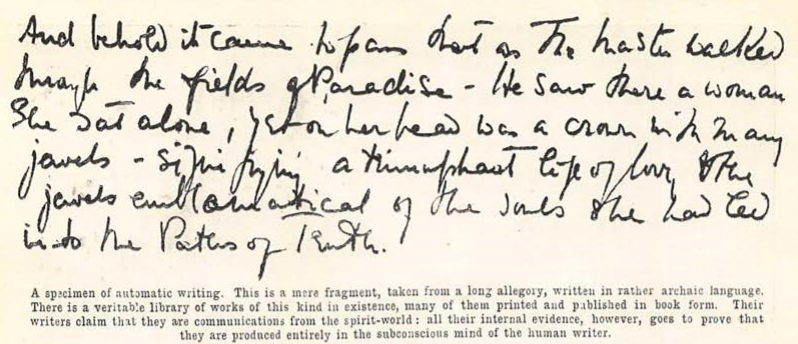
1) One good way to decide what words are truly necessary is to try to shorten every paragraph by one line—which is easier done with narrative than dialogue!
2) Check all to-be verbs (is, are, was, were) looking for places where a stronger verb can replace a phrase. For example, “He was standing there” might be shortened to “He stood there.”
3) Examine all modifiers (adjectives and adverbs) to decide whether they add anything to the meaning. Often a stronger word choice can eliminate the modifier. For example, walked quickly might better be replaced by rushed, dashed, hurried, or scampered.
Another example: “Her long hair hung to her waist” would better be “Her hair hung to her waist.” Depending on the surrounding text, the whole concept could be encompassed by “her waist-length hair.”
Bottom line: As in poetry, make every word count.
